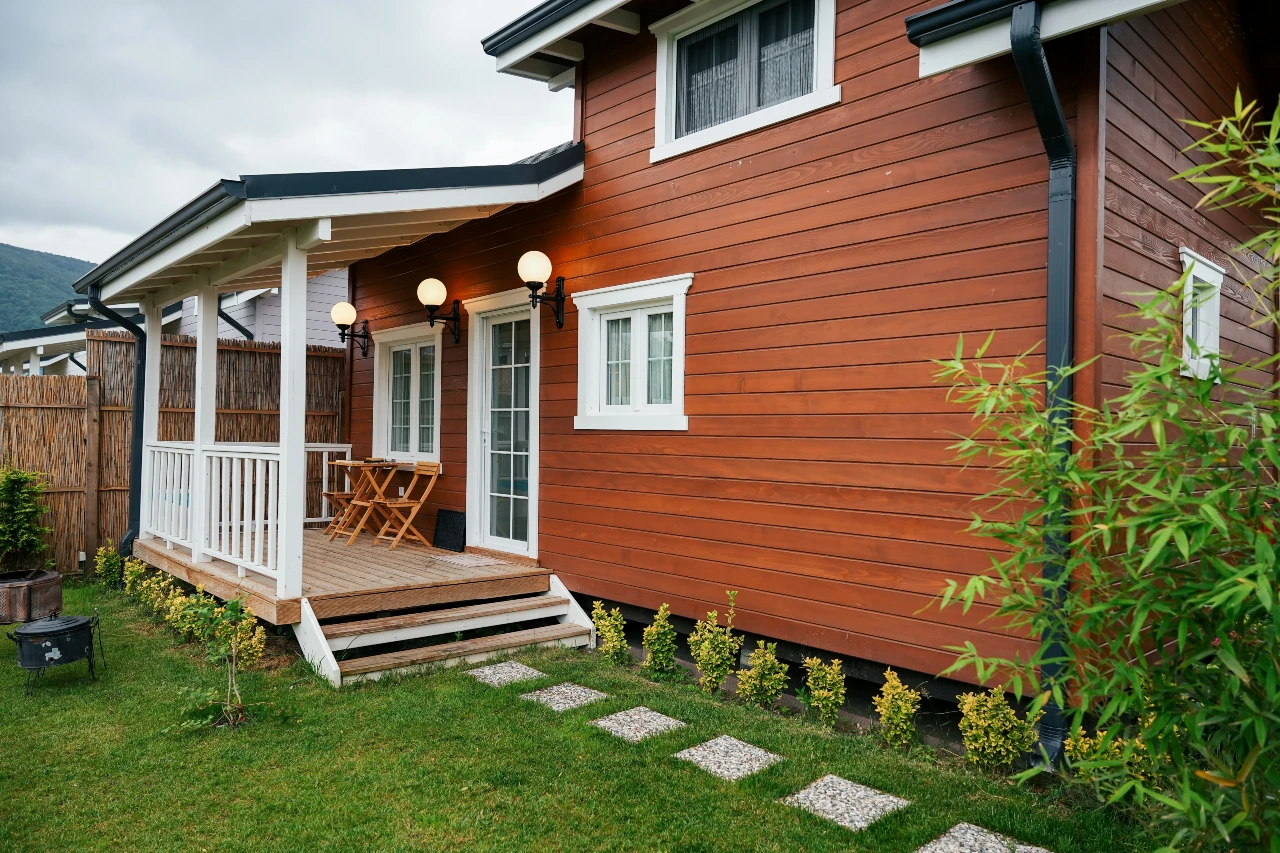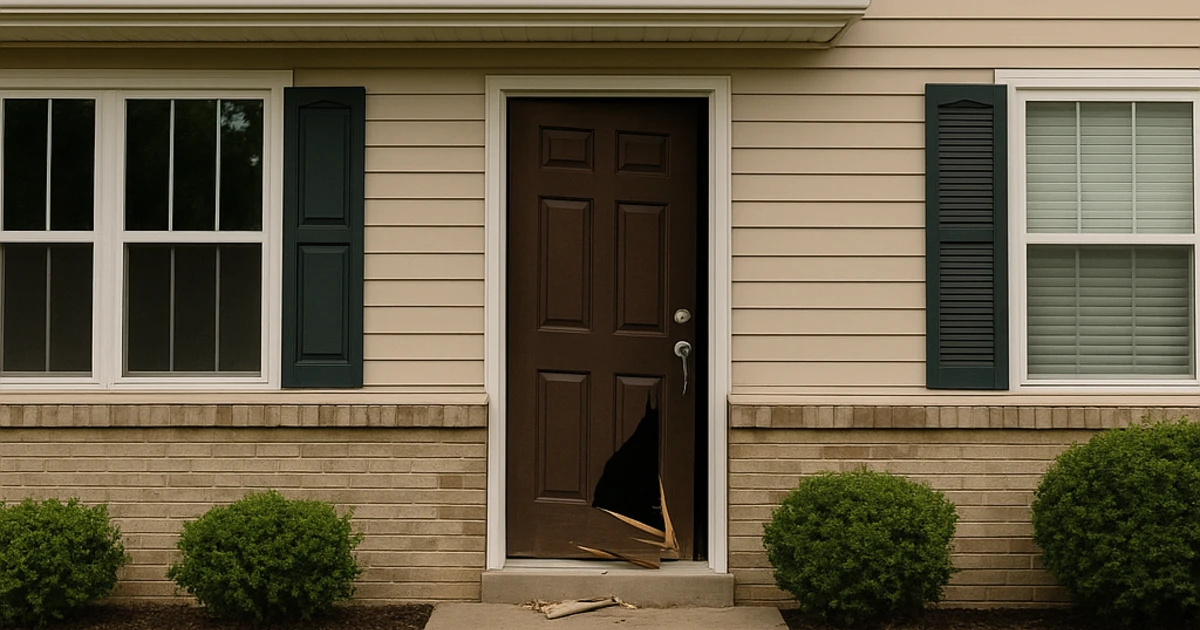Everybody wants a side hustle, and one phrase you may have heard recently is Airbnb arbitrage: the practice of renting a property, then re-renting the extra space to make back the money from the lease.
At first glance, it can seem like a brilliant shortcut into real estate investing. You don’t have to buy a property, you don’t have to come up with a big down payment, and you still get the chance to make money by renting it out on Airbnb. The pitch almost sells itself: lease an apartment or house, furnish it, and then collect nightly rates that (hopefully) cover your rent and bring in extra profit.
But despite what you may have heard on social media or from self-proclaimed “Airbnb coaches,” this strategy carries a ton of extra risk. From strict lease agreements and local short-term rental laws to unreliable income and very limited insurance protection, Airbnb arbitrage is far from the low-stakes side hustle it’s often marketed as. And because you don’t actually own the property, you’ll find that insurance companies are unlikely to cover you if something goes wrong—leaving you on the hook for damage, liability, or lost income.
For landlords and investors, there are far safer ways to succeed with short-term rentals—ones that ensure you’re legally protected and properly insured.
What is Airbnb arbitrage?
Airbnb arbitrage happens when someone rents a property under a traditional lease and then re-rents it on Airbnb or another short-term rental platform. Unlike property ownership, where a landlord can purchase landlord insurance to protect their investment, arbitrage “hosts” are essentially subletting.
This practice is often prohibited in lease agreements, violates local laws in many cities, and comes with significant financial and legal risks.
Why people try Airbnb arbitrage
The pitch is simple:
- Sign a one-year lease on an apartment or house
- List it on Airbnb and charge a nightly rate
- Use the Airbnb income to pay the rent and pocket the difference
In theory, arbitrage allows someone to build a hosting business without the upfront cost of buying property. In practice, it leaves you responsible for rent payments even if bookings dry up, and without reliable insurance protection if disaster strikes.
The risks of Airbnb arbitrage
Lease violations
Most leases explicitly forbid subletting or operating a short-term rental. If your landlord discovers arbitrage activity, you risk eviction, lawsuits, and losing your security deposit.
Financial risk
Rent must be paid every month regardless of how many nights your Airbnb books. Market downturns, seasonal demand drops, or unexpected events like travel bans can quickly turn a “profitable” arbitrage into a financial loss.
Legal and regulatory risk
Cities across the U.S. have cracked down on unlicensed short-term rentals. Hosting without proper registration can lead to heavy fines, legal action, or even being banned from platforms like Airbnb.
Insurance gaps
Insurance is where Airbnb arbitrage falls apart. Landlord insurance policies are designed for property owners. Renters’ insurance is designed for tenants, not for running a business. That means Airbnb arbitrage hosts are left with very limited protection if a guest causes fire damage, theft, or injury on the property.
In most cases, hosts have to rely solely on Airbnb AirCover—Airbnb’s built-in protection program. While AirCover offers some host protections, it’s not a substitute for a full landlord or short-term rental insurance policy. It doesn’t cover everything, and claims can be difficult to prove or collect on.

Why insurance is unlikely to cover Airbnb arbitrage
Insurance works on the principle of insurable interest—you must have a financial stake in the property to insure it. Airbnb arbitrage hosts don’t own the property, so they typically can’t purchase landlord coverage.
- Landlord insurance protects the building and liability for property owners
- Renters’ insurance protects the tenant’s personal belongings but excludes commercial activities like Airbnb hosting
- Short term rental insurance is available, but only if you own the property
This leaves arbitrage hosts in a gray area, relying on AirCover instead of comprehensive protection. That means if a guest burns down the kitchen, slips by the pool, or throws a party that causes thousands in damages, you—not your landlord—could be left paying the bill.
Smarter alternatives to Airbnb arbitrage
Instead of risking eviction and operating without real insurance, consider safer and more sustainable ways to profit from real estate. These strategies give you legitimate protection, predictable income, and long-term stability.
Buy and host responsibly
Owning the property you list on Airbnb puts you in control. You can make upgrades, set rules for guests, and most importantly, protect your investment with real landlord insurance.
Responsible hosting also ensures you’re compliant with local short-term rental laws. For example, owning a home in Texas or Florida allows you to follow statewide rules and apply for permits, while cities like Austin and Miami have specific registration requirements. Hosting as the owner ensures you’re not breaking a lease and that you’re fully insured against risks that arbitrage hosts can’t cover.
Explore mid-term rentals
Not every profitable rental has to be a short-term stay. Mid-term rentals cater to traveling nurses, corporate relocations, graduate students, and families between moves. These tenants typically stay for one to six months, providing steady cash flow without the rapid turnover of nightly bookings.
In high-demand cities like Phoenix and Atlanta, mid-term rentals have grown popular among professionals on temporary assignments. Because the stays are longer, there’s less wear and tear than a high-traffic Airbnb, and these arrangements are easier to insure because they fall into a clearer category under landlord insurance policies.
Read more: How 'accidental landlords' have upended the rental property market
Invest in long-term rentals
The traditional model of leasing to tenants for a year or more remains one of the most reliable ways to build wealth in real estate. Long-term rentals give you stable monthly income, predictable occupancy, and less risk in the form of lower guest turnover (and, likely, less expensive insurance premiums).
This approach is especially effective in larger rental markets like California and Georgia, where tenant demand for housing is strong. Cities such as Los Angeles and Atlanta attract renters looking for long-term stability, giving landlords consistent income without the legal gray areas of Airbnb arbitrage. While you may not get the same nightly rate as an Airbnb, the reduced turnover, fewer regulatory hurdles, and guaranteed insurance coverage make this a proven long-term strategy.
Airbnb arbitrage and local rules
Every state and city has different laws governing short-term rentals. If you’re considering hosting, you need to know your local rules before making a move.
Whether you own property in Texas, Florida, California, Georgia, or Arizona, the rules can vary widely. The same is true at the city level in places like Austin, Atlanta, Phoenix, Miami, or Los Angeles. In some states or municipalities, it may not be allowed at all.
By staying compliant and properly insured, landlords can protect their properties and avoid the costly mistakes that come with Airbnb arbitrage.
Final thoughts
Airbnb arbitrage is often marketed as a quick path to passive income, but the truth is far less glamorous. Between lease violations, legal risks, financial instability, and the lack of reliable insurance coverage, it’s a gamble most would-be hosts can’t afford to take.
If you’re serious about hosting, do it the right way: own the property, follow local laws, and protect your investment with the right coverage. At Steadily, we specialize in landlord insurance for property owners—so you can build wealth with confidence, not risk.
Get a landlord insurance quote today and protect your rental property the right way.






.png)
.jpg)
.jpg)


.png)